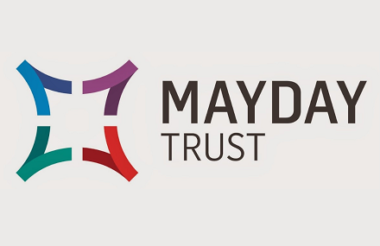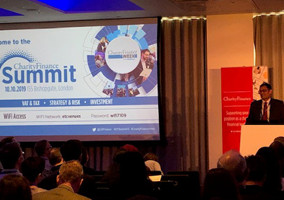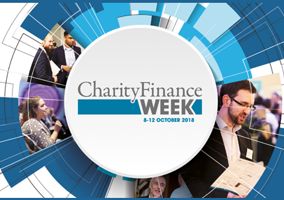The Mayday Trust went through a big restructure and completely overhauled its operating model over an eight-year period, its chief executive told delegates at the Charity Finance Summit.
Pat McArdle, chief executive at Mayday Trust, was speaking at Civil Society Media's Charity Finance Summit last week about successfully managing change. She took delegates through how in 2011 the charity had embarked on on significant shift from delivering services to focusing more on systems change.
This involved appointing a new board, who approved using the charity's reserves to invest in the process, after its funding came under threat from the government’s austerity policies.
A ‘person-led’ approach
Part of the change management process at the Mayday Trust involved a “person-led” approach to its mission.
McArdle described the new focus as a result of the charity’s research, which revealed its previous target-led approach had dehumanised people and often resulted in institutionalising them.
She said for example that part of its new approach was to let its users choose when to attend organised sessions without incentives or sweeteners, which had traditionally helped the charity hit attendance targets.
She added that the charity had dropped the term “beneficiary” and taken on a new focus of “system change”.
She said: “It took us eight years to find out that we were trying to solve the wrong problem.”
Resistance
Mayday Trust piloted its person-led approach to homelessness in Northamptonshire and then an 18-month pilot Oxford in 2014, where it met resistance from the sector.
McArdle said: “What we were managing to do in delivering what the person wanted and giving more freedom was upset everybody else working in the homeless sector, and we failed our contract miserably.
“So we went into special measures, and for three years the city were saying in the most polite way, 'you’re not meeting your outcomes', and we were saying 'you’re not measuring us properly'.”
Mayday Trust implemented a complete change of its board at the start of its change process and approved the investment of its reserves to begin its change in focus.
McArdle said the charity moved from being entirely public-funded to using social impact bonds, which she described as “not for the faint-hearted”.
'Human cost'
She said the restructure had not been embraced by all the charity's staff when the restructured staff team was unveiled.
The charity offered voluntary redundancy to its 70-person staff force and half of its employees accepted the redundancy instead of being redeployed.
She said: “We didn’t want to redeploy people into jobs that they didn’t want to do, so we gave people the option of redundancy, and at that time 50 per cent of staff opted for redundancy.
She added: “In our transformation there was a huge human cost to change.”
|
Related articles












